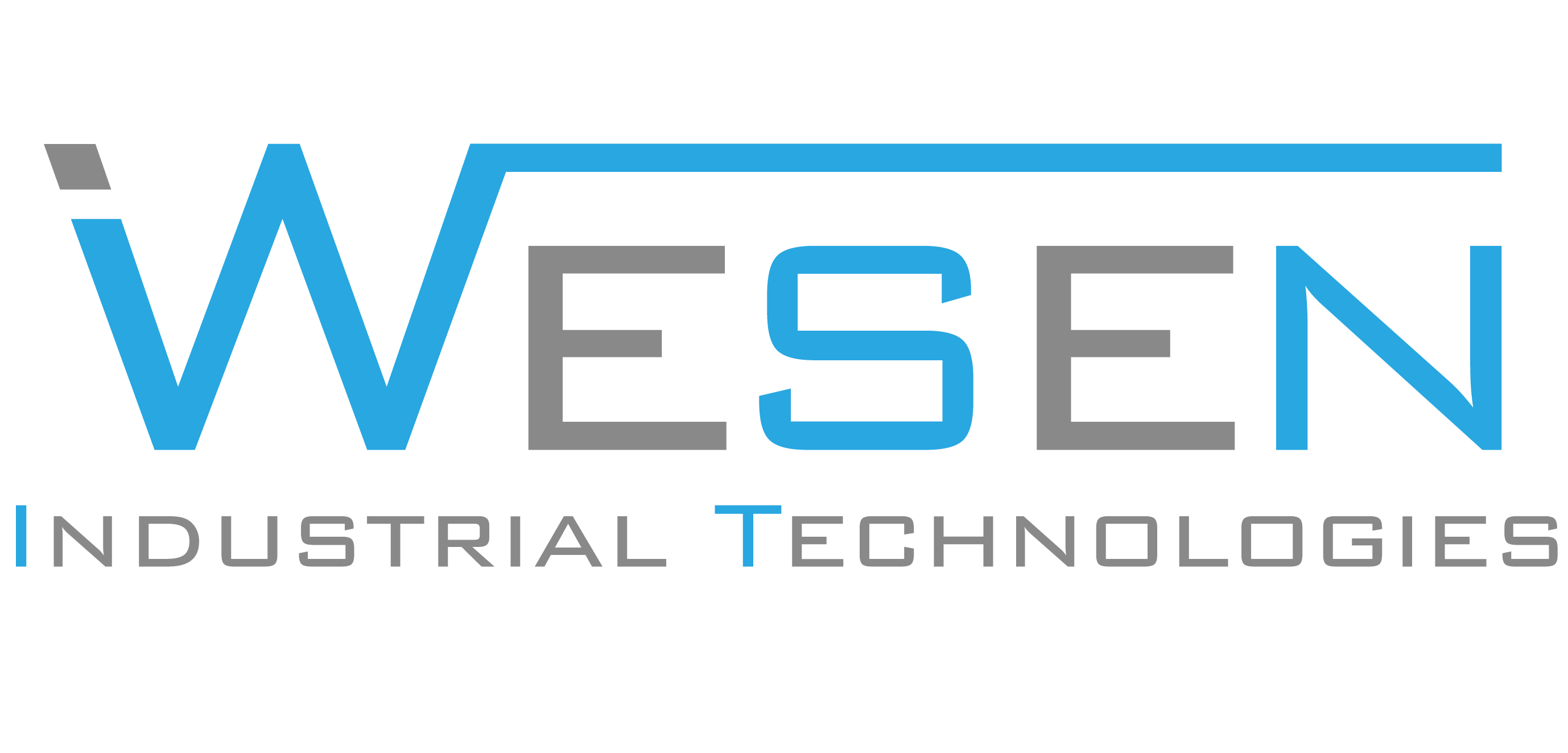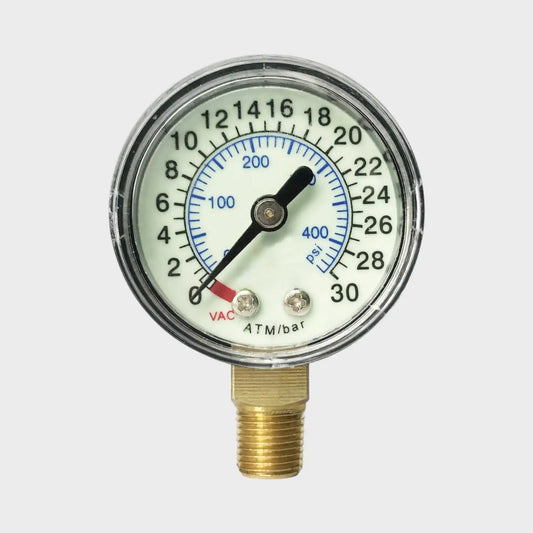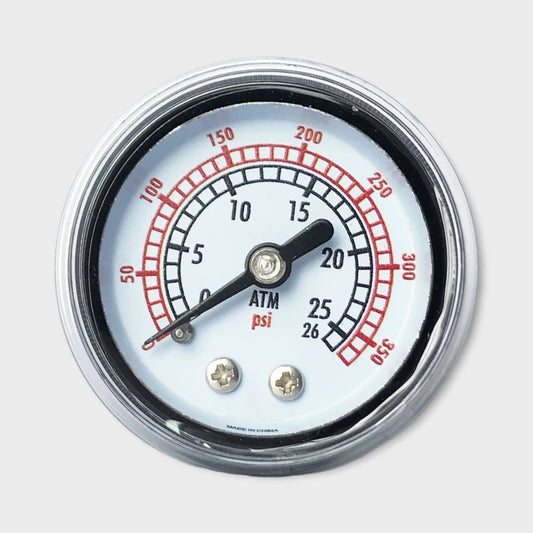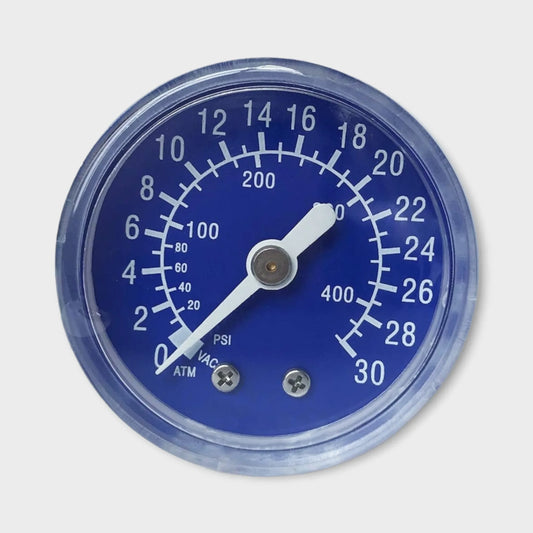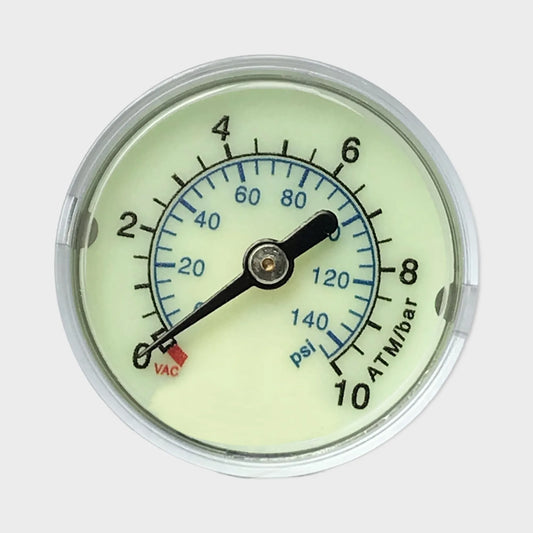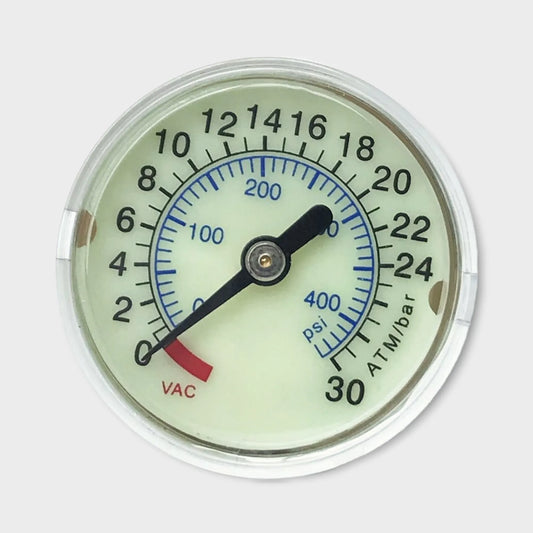-
30 ATM Manometer Medical Application Luminous Dial
Regular price $1.59 USDRegular priceUnit price per -
40mm Balloon Inflator Pressure Gauge 26 ATM Medical Manometer
Regular price $1.69 USDRegular priceUnit price per -
30 ATM Pressure Gauge For Medical Balloon Inflation Device
Regular price $1.99 USDRegular priceUnit price per -
Medical Pressure Gauge 40mm Luminous Dial 10 ATM
Regular price $1.58 USDRegular priceUnit price per -
30 ATM Balloon Inflation Device Medical Pressure Gauge 40mm
Regular price $1.59 USDRegular priceUnit price per$1.99 USDSale price $1.59 USDSale
The Role of Medical Pressure Gauges and Manometers in Healthcare
Introduction:
Medical pressure gauges and manometers are essential instruments in healthcare settings, providing accurate measurements of pressure in various medical devices and procedures. From monitoring vital signs to ensuring precise inflation in medical devices, these instruments play a critical role in patient care and safety. In this article, we delve into the significance of medical pressure gauges, manometers, and their applications in healthcare.
Understanding Medical Pressure Gauges and Manometers:
Medical pressure gauges and manometers are specialized instruments designed to measure pressure levels in medical applications with high precision. They are used across various medical disciplines, from cardiology to anesthesiology, to ensure accurate pressure readings and facilitate optimal patient care.
Key Varieties of Medical Pressure Gauges and Manometers:
1. Medical Pressure Gauge:
- Specifically designed for medical applications to measure pressure in fluids or gases.
- Equipped with a high level of accuracy and reliability to meet healthcare standards.
- Commonly used in medical equipment such as ventilators, infusion pumps, and anesthesia machines to monitor pressure levels and ensure safe operation.
2. Medical Manometer:
- A type of pressure-measuring instrument with a U-shaped tube filled with fluid, typically mercury or alcohol.
- Provides a visual indication of pressure by measuring the height difference between the two columns of fluid.
- Widely used in medical procedures such as arterial blood pressure monitoring, respiratory therapy, and intracranial pressure measurement.
3. Pressure Gauge for Medical Inflation Device:
- Specifically designed to measure and control pressure in medical inflation devices.
- Ensures precise inflation and deflation of medical balloons, catheters, and stents during procedures such as angioplasty and endoscopy.
- Features high accuracy and reliability to maintain consistent pressure levels and prevent over-inflation or damage to delicate tissues.
4. Manometer for Inflation Syringe:
- Designed to measure pressure in inflation syringes used for injecting contrast agents or medications.
- Provides accurate pressure readings to ensure proper dosage and delivery during diagnostic or therapeutic procedures.
- Helps healthcare professionals maintain control over the injection process and minimize risks associated with incorrect pressure levels.
Importance of Medical Pressure Gauges and Manometers in Healthcare:
Medical pressure gauges and manometers are integral to ensuring patient safety and treatment efficacy in healthcare settings. By providing accurate pressure measurements, these instruments enable healthcare professionals to monitor vital signs, administer medications and fluids, and perform procedures with precision and confidence. Moreover, they help prevent complications, reduce risks, and enhance the overall quality of patient care.
Conclusion:
Medical pressure gauges and manometers are indispensable tools in modern healthcare, facilitating accurate pressure measurement in various medical applications. Whether used in monitoring vital signs, controlling inflation in medical devices, or administering treatments, these instruments play a pivotal role in ensuring patient safety and treatment efficacy. By investing in quality medical pressure gauges and manometers and incorporating them into clinical practice, healthcare providers can enhance their ability to deliver optimal care and improve patient outcomes.
